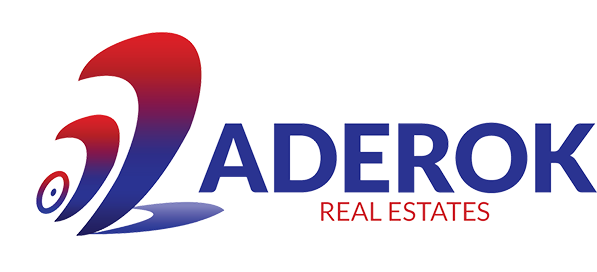If you ever applied for a mortgage at any commercial bank, you must have encountered this person called “A Valuer” on your way to accessing a bank loan. I must clarify this; Every person has an idea about a surveyor, at face value, as a person who moves with a tape. However, people rarely notice the different categories of surveyors.
According to the Institution of Surveyors of Uganda, there are 3 categories; Valuation Surveying, Land Surveying, and Quantity Surveying. The purpose of this article is to enlighten you about the role of a valuer and how you can benefit from their services. If you are reading this article, you are definitely on the right track to understanding the simple basics of property valuation and by the end of this, you will learn how to avoid quack surveyors.
Have you fallen prey to these so-called “Quack Surveyors?” Then this is a must-read for you and your network. So who is a valuer? A valuer/property valuer is a real estate professional who helps in determining the value of a piece of land or building. These properties are categorized as follows; residential, commercial, industrial, and agricultural properties.
If you are in the process of wanting to sell, insure, secure a loan or get a valuation of your home/property done, then you need to understand how the process works. You provide instructions to the valuer from which he/she bases his valuation after inspecting the property. The valuer then submits a valuation report which states either the market value or forced sale value. That depends on the type of valuation you are interested in. Property Valuation can be defined as the process of determining the most probable value a property/asset is likely to fetch between a willing buyer and a willing seller under the prevailing market conditions at a particular time period.
One thing to forsake yourself if you really want to avoid “Quack Professionals” you have to commit to finding and hiring professional experts. And you need to banish the evil spirit of complacency- “I know someone cheaper”. It will only end in tears.
The added advantage of using a registered valuer is the benefit of contractual obligations. A professional valuer has a duty of care to his/her clients to provide an objective valuation without any conflicting interests and he/she is liable for any negligence. Contracting a valuer can save you time and money in the long term. When you apply for a mortgage, the bank will definitely require a valuation report to determine the loan-value ratio. This valuation report can be either a deal maker or deal-breaker.
During property valuation, the value of any property is inherent in the rights a person enjoys in a given parcel of land. That’s why the value of freehold land is different from that of a leasehold land of similar size. Another important factor is location. Patrick Bitature emphasizes location, location, and location when looking for ideal property investment sites. Other factors are; infrastructural development, amenities, the physical state of the land, its size, and the economic outlook of the property market.
A valuer’s professional assistance can go beyond property valuation. The valuer can offer consultancy services as far as real estate investment is concerned. Valuers can provide feasibility study reports that determine the high and best use of a given parcel of land, clearly stating the expected returns from the investment over the entire investment period. If you hadn’t added “A Valuer” to your new year’s resolution, then it’s high time you rethink.
- If You Are Confused About Hiring A Valuer, Here’s Some Help - 22/04/2022
- A Shared Economy In Ugandas’ Perspective - 17/01/2020





